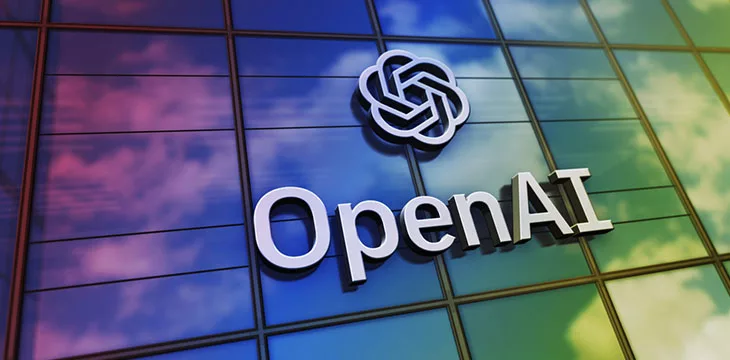OpenAI, a leading player in the artificial intelligence (AI) sector, is reportedly negotiating a significant $6.5 billion investment that could propel its valuation to an impressive $150 billion. This potential valuation leap, from $86 billion during a previous tender offer earlier this year, would place OpenAI among the world’s most highly valued private companies. This move underscores the growing importance and rapid advancement of AI technology in today’s world.
Key Investors: Thrive Capital and Microsoft
The upcoming funding round is expected to be led by Thrive Capital, a well-known venture capital firm, alongside Microsoft, OpenAI’s largest backer. Microsoft has been a key partner since 2019, having invested over $13 billion into OpenAI, significantly contributing to its growth and success. This relationship has also led to Microsoft providing Azure cloud services, which are vital to OpenAI’s infrastructure and its ability to scale its operations.
In addition to Thrive Capital and Microsoft, OpenAI is reportedly in discussions with other major tech firms such as Apple and Nvidia. However, none of these companies have confirmed their involvement at this stage, though their potential participation reflects the strategic importance of AI to the broader tech ecosystem.
Exploring a $5 Billion Credit Facility
Apart from the equity investment, OpenAI is also exploring a $5 billion credit facility with several banks. This indicates that the company is looking to secure multiple financial pathways to fuel its growth, positioning itself for further innovation and infrastructure expansion. The combination of equity and debt financing reflects OpenAI’s balanced approach to building its resources in the competitive AI industry.
Microsoft’s Pivotal Role in OpenAI’s Growth
Microsoft’s partnership with OpenAI has been transformative. Since 2019, the tech giant has invested heavily in both capital and infrastructure. Azure, Microsoft’s cloud platform, has played a crucial role in powering OpenAI’s vast and growing computational needs, particularly for its flagship product, ChatGPT. This chatbot, launched in 2022, revolutionized the AI landscape with its ability to generate human-like responses, sparking immense public and industry interest.
The success of ChatGPT has not only cemented OpenAI’s position as a leader in generative AI but has also reignited competition among tech companies aiming to secure their position in the AI space. As AI continues to develop at an accelerated pace, OpenAI’s strong backing from Microsoft gives it an edge in scaling its operations and advancing its technology.
SEE ALSO: Nigeria and Google Launch ₦100 Million Fund to Boost AI Innovation
The Competitive AI Landscape and Generative AI

Generative AI, the branch of AI responsible for tools like ChatGPT, is drawing increasing attention from investors. The potential of these systems to reshape industries—from customer service to content creation and healthcare—has led to a surge of capital flowing into AI startups. OpenAI is at the forefront of this revolution, and its continued innovation has attracted billions in funding, allowing it to remain a dominant force in the field.
However, this surge in AI investment is accompanied by growing competition. Major tech firms are rapidly advancing their AI capabilities, spurred by the commercial success of generative AI products. As companies race to build more advanced AI models, the sector is becoming one of the most dynamic and heavily funded areas of technology.
Staying Private Amid High Market Volatility
OpenAI’s decision to pursue additional private funding instead of going public reflects a broader trend in the tech industry. Many high-growth tech startups are opting to remain private longer, avoiding the volatility and regulatory scrutiny that can accompany public listings. By relying on private equity, venture funds, and debt financing, companies like OpenAI are able to scale rapidly while maintaining flexibility and control over their operations.
In an era where public markets can be unpredictable, the ability to raise significant private capital allows AI companies to stay agile and continue innovating without the pressures of quarterly earnings reports or market swings.
Conclusion
As OpenAI prepares to secure a $6.5 billion investment and explore additional credit facilities, the company is positioning itself for rapid growth and a heightened role in the AI industry. With a projected valuation of $150 billion, OpenAI’s rise highlights the growing significance of AI in transforming industries and creating new technological paradigms. With strong backing from investors like Microsoft and potential partnerships with other tech giants, OpenAI is poised to remain at the forefront of the generative AI revolution.




